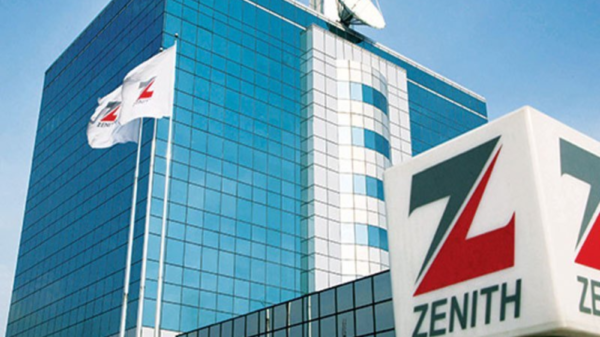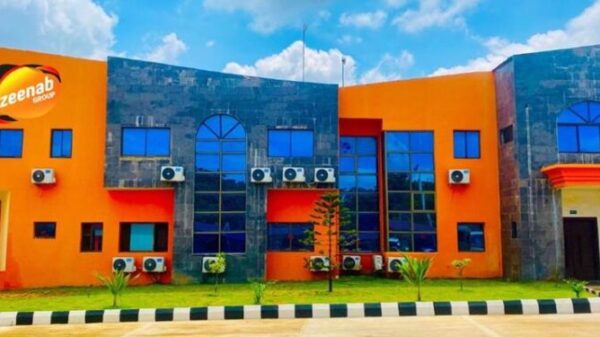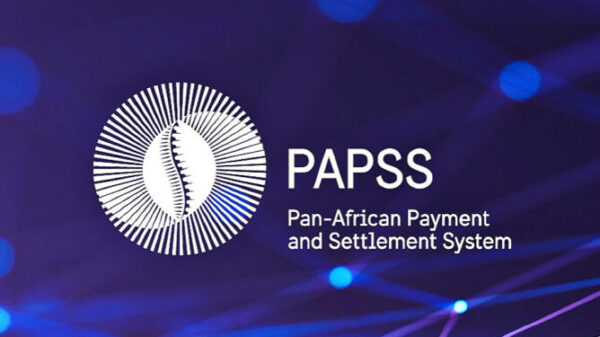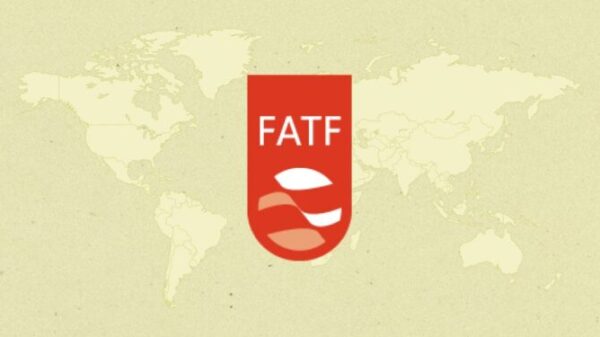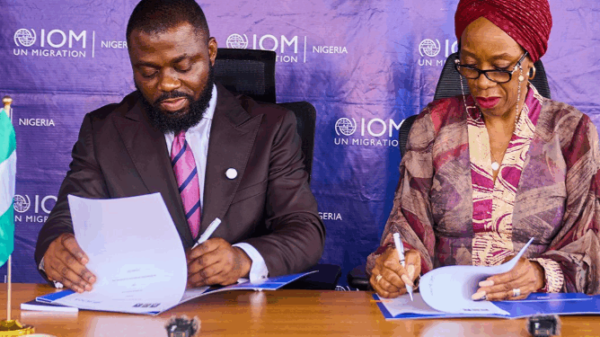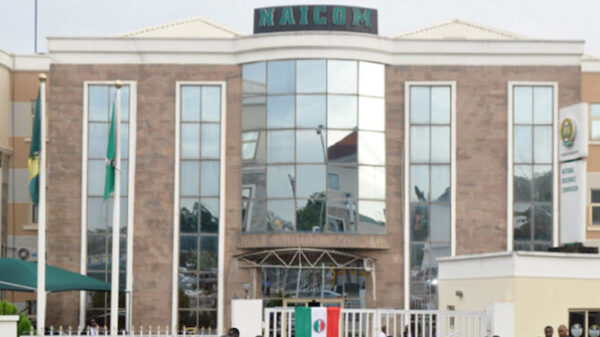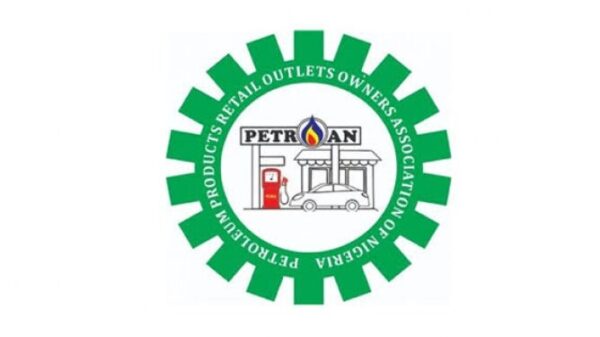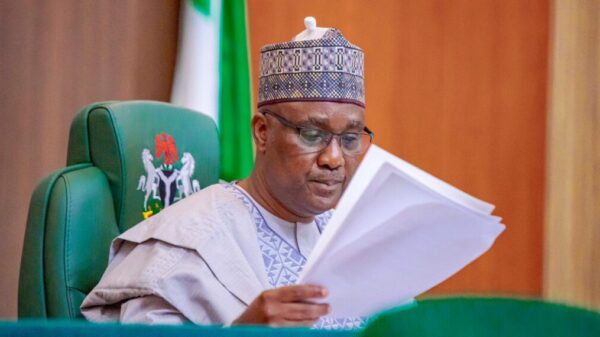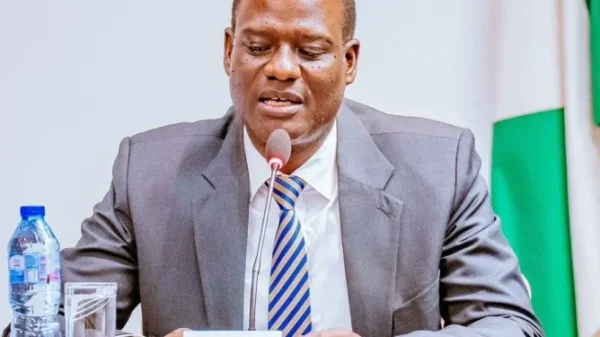The Organisation of the Petroleum Exporting Countries and its allies (OPEC+) has announced that it will pause oil output increases during the first quarter of 2026, following a modest production hike planned for December 2025. The move underscores the group’s cautious approach to managing supply amid fluctuating global demand and growing market uncertainty.
In a statement released after a virtual ministerial meeting on Sunday, OPEC+—which includes key producers such as Saudi Arabia, Russia, Iraq, the United Arab Emirates, Kuwait, Kazakhstan, Algeria, and Oman—confirmed that it will proceed with a 137,000 barrels per day (bpd) production increase in December. This rise aligns with previously scheduled increments for October and November, marking the final planned hike before a temporary pause in early 2026.
According to the group, the decision to halt further production increases reflects both seasonal demand patterns and market volatility expected in the first quarter of 2026. “The participating countries reiterated that the 1.65 million barrels per day voluntarily withheld may be returned in part or in full, depending on evolving market conditions and in a gradual manner,” the statement read.
The group reaffirmed its commitment to market stability, noting that it would maintain “full flexibility” to pause, reverse, or adjust voluntary production changes based on future developments. This includes the 2.2 million bpd voluntary cuts announced in November 2023, which were instrumental in rebalancing oil markets during a period of weak demand.
Background: Gradual Recovery and Strategic Caution
Throughout 2025, OPEC+ has steadily increased production in response to improving demand and tighter global inventories. Earlier in the year, in March 2025, the group approved its first major output expansion since 2022, citing what it described as “healthy market fundamentals.” The decision came amid growing pressure from global importers—including the United States—to stabilize oil prices.
Another production hike followed in October 2025, when OPEC+ approved an additional 137,000 bpd increase beginning in November. This adjustment, drawn from the 1.65 million bpd voluntary cuts initiated in 2023, was intended to ensure supply stability and prevent excessive price swings as economies continued their post-pandemic recovery.
However, with oil demand expected to slow during the first quarter of 2026 due to seasonal factors and potential macroeconomic headwinds, the alliance has opted for a cautious pause to prevent oversupply and maintain price equilibrium.
Implications for Nigeria: Stability and Constraints
For Nigeria, Africa’s largest oil producer and a key OPEC member, OPEC+’s decision to pause output growth presents both opportunities and challenges.
On the positive side, maintaining stable production levels could help sustain Brent crude prices, supporting Nigeria’s federal budget and foreign exchange reserves. With oil contributing roughly 90% of export earnings and a large share of government revenue, price stability is crucial for economic planning, especially as the country continues efforts to stabilize the naira and rebuild fiscal buffers.
Stable prices also benefit local refiners, particularly the Dangote Petroleum Refinery, which has begun ramping up operations and is expected to meet a significant portion of domestic fuel demand. With predictable crude prices and steady supply, refiners can better manage feedstock procurement, improving efficiency and reducing reliance on imported fuel—a key government priority under Nigeria’s new energy transition strategy.
However, the production pause could constrain Nigeria’s revenue growth if the country’s output quota remains fixed. Despite its vast reserves, Nigeria has consistently underperformed its OPEC+ quotas in recent years due to pipeline vandalism, crude theft, and underinvestment in upstream infrastructure. If the pause persists into 2026, Nigeria may find it difficult to expand output even as its production capacity improves.
This limitation places added pressure on policymakers to diversify revenue sources beyond oil. Economists argue that Nigeria must intensify reforms in non-oil exports, taxation, and local manufacturing to reduce fiscal dependence on crude. The Federal Government and NNPC Ltd are also expected to accelerate efforts to enhance production efficiency, combat oil theft, and attract fresh investment into exploration and midstream development.
Market Outlook: Balancing Stability and Growth
Analysts believe OPEC+’s decision is designed to protect the market from oversupply risks while ensuring that prices remain within a profitable and sustainable range—likely between $80 and $90 per barrel. This price corridor has proven sufficient to sustain member economies without triggering inflationary pressures in consuming nations.
For Nigeria, the near-term impact is expected to be fiscally supportive rather than restrictive. Higher and stable oil prices translate to stronger foreign exchange inflows, improved balance of payments, and increased investor confidence. The Central Bank of Nigeria (CBN) could leverage this stability to continue managing reserves more effectively and moderate exchange rate volatility.
In the long term, however, Nigeria’s oil policy will need to evolve beyond production quotas. Experts suggest a stronger emphasis on value addition, including petrochemical production, refining, and energy diversification, to hedge against future OPEC+ constraints.
Conclusion: A Cautious Path Forward
OPEC+’s pause on output increases signals a strategic recalibration—a move to prioritize stability over expansion as global energy markets adjust to shifting demand patterns. For Nigeria, the decision offers a window of stability but also a reminder of the need for structural reform and domestic capacity growth.
As the alliance continues to monitor evolving conditions, its measured approach aims to preserve equilibrium in a market often defined by volatility. For oil-dependent economies like Nigeria, this stability—though temporary—could provide the breathing space needed to implement deeper economic transformation.





